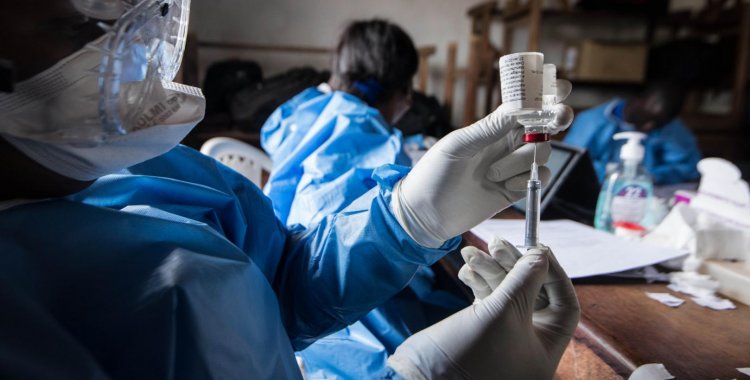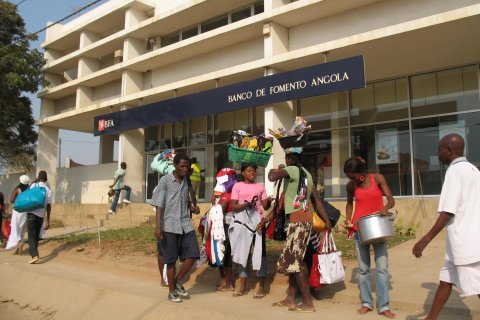According to a preliminary version of the plan to which Lusa had access, updated January 15, 2021, the objective is to vaccinate 52 percent of the population against covid-19 in two stages, with two doses.
In a first phase, to be implemented in the first half of 2021, 6.4 million inhabitants aged 40 and over and at risk comorbidities will be covered, as well as the population with continuous exposure.
Vaccination of 100 percent of health professionals, staff and users of basic social services is planned, including nursing homes, orphanages, care facilities for disabled people, prisons and teachers, people with risk comorbidities, airport and border officials , law enforcement and public security agents, executive government officials and institutions critical to preserving government governance and strategic actions.
95% of the population aged 40 years and over should also be vaccinated in a short period of time, in order to create an impact in the reduction of severe cases (mortality and hospital occupation).
In this first stage, it is recommended to first vaccinate the population aged 65 or over (2.5 percent of the national population), as indicated in the working document of the Multisectoral Commission for the Prevention and Combat of covid-19.
Vaccination will be carried out in two stages, to administer the two doses necessary to confer immunity, with 12.8 million doses of vaccine provided by the Covax initiative, led by the World Health Organization (WHO), which aims to ensure 6 billion vaccine doses for the poorest countries.
The total cost of this stage, which essentially aims to reduce morbidity and mortality and should be completed in the first half of 2021, is estimated at US $ 105.2 million, with operating and cold chain costs to be covered through the General Budget. State (OGE) and World Bank (BM).
In the second phase, the objective is to undertake a massive vaccination campaign to reach people between 16 and 39 years of age, corresponding to 32 percent of the population (10.4 million inhabitants), in order to reduce the transmission of covid- 19, since this group does not have a high mortality rate, but has the highest incidence rate of the disease.
The 20.7 million doses foreseen in this stage must be acquired through financing from the World Bank and the European Investment Bank.
The acquisition will be made through the Covax / Unicef mechanism, to guarantee a subsidized price of seven dollars per dose.
In the second phase, 100% of salespeople in formal and informal markets, motorcycle taxi drivers and public transport drivers are expected to be vaccinated, as well as 95 per cent of the population aged 16 to 39.
This phase, to be carried out in the second half of 2021, has an estimated cost of 157.7 million dollars, to be financed through OGE, BM and other partners.
Vaccination of children under 16 "was not prioritized because it was not recommended by WHO due to insufficient scientific evidence" in view of the safety of the vaccine in this age group and because it is the group least affected by the disease.
According to the document, vaccines considered for use in the vaccination plan must be pre-qualified and authorized by WHO and include the following: Pfizer / BioNtech, Moderna and AstraZeneca (approved by the European Medicines Agency), Sinovac / Butantan and Gamaleya ( approval process).
In Angola, the first two cases of covid-19 were confirmed on March 21, 2020, imported from a country with community transmission. On April 26, 2020, the first case of local transmission was confirmed.
As of January 27, 19,580 cases of covid-19 have been confirmed using the RT-PCR test, with 462 deaths, which means a lethality rate of 2.4 percent, partly explained by the existence of uncontrolled comorbidities, such as hypertension, diabetes, tuberculosis, HIV, sickle cell disease, cardiovascular, pulmonary and chronic kidney diseases.







